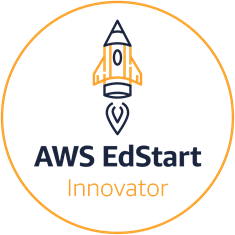Cross-Functional Collaboration

No salesperson is an island. In any B2B organization, a successful sale involves well-choreographed coordination between the sales team and several internal and external stakeholders. Some may be involved throughout the process – like product teams, project managers, customer support or consulting teams. Other functions, like Marketing, Finance, Risk, Legal, Compliance, IT or Procurement, may come into play at certain points in the life cycle of the sale, to provide or ask for specific inputs. The transaction may involve external stakeholders as well – an ecosystem of partners or contractors, sometimes even regulators and banks. Before the organization can deliver value to its customers and recognize income, every stakeholder needs to have done their bit.
Each holds a vital piece of the puzzle, but they also view the puzzle from their own vantage points, through the prism of their own objectives and goals. They may have a different perspective on priorities and risks. Very often, these teams only come together to discuss transactions that are in crisis. Naturally, there is plenty of potential for conflict and confusion, especially when stakeholders are geographically distributed. Sub-optimal outcomes and significant embarrassment may accrue when this misalignment takes place in the midst of a crucial customer transaction.
How can an organization insure itself against such disasters? By a variety of means –aligning incentives and putting in place processes that ease collaboration, for instance – but nothing beats an ongoing dialogue between units, such that a common sense of purpose is established, and individuals are able to recognize and respect the value of other points of view in addition to their own. Such a dialogue is best held in a sandbox-like setting, where a realistic complex deal may be simulated. Members of different silos, brought together into a single group for the purpose of the exercise, can deliberate and decide on optimal organizational decisions, and try and achieve the best possible results for the organization.
Cymorg’s Group Simulations help align teams around a common purpose, and establish rapport and respect between expert groups. Crucially, Cymorg’s post-simulation analytics can identify parts of the value chain that need work, and potential conflict areas to sort out ahead of a real-world deal.



